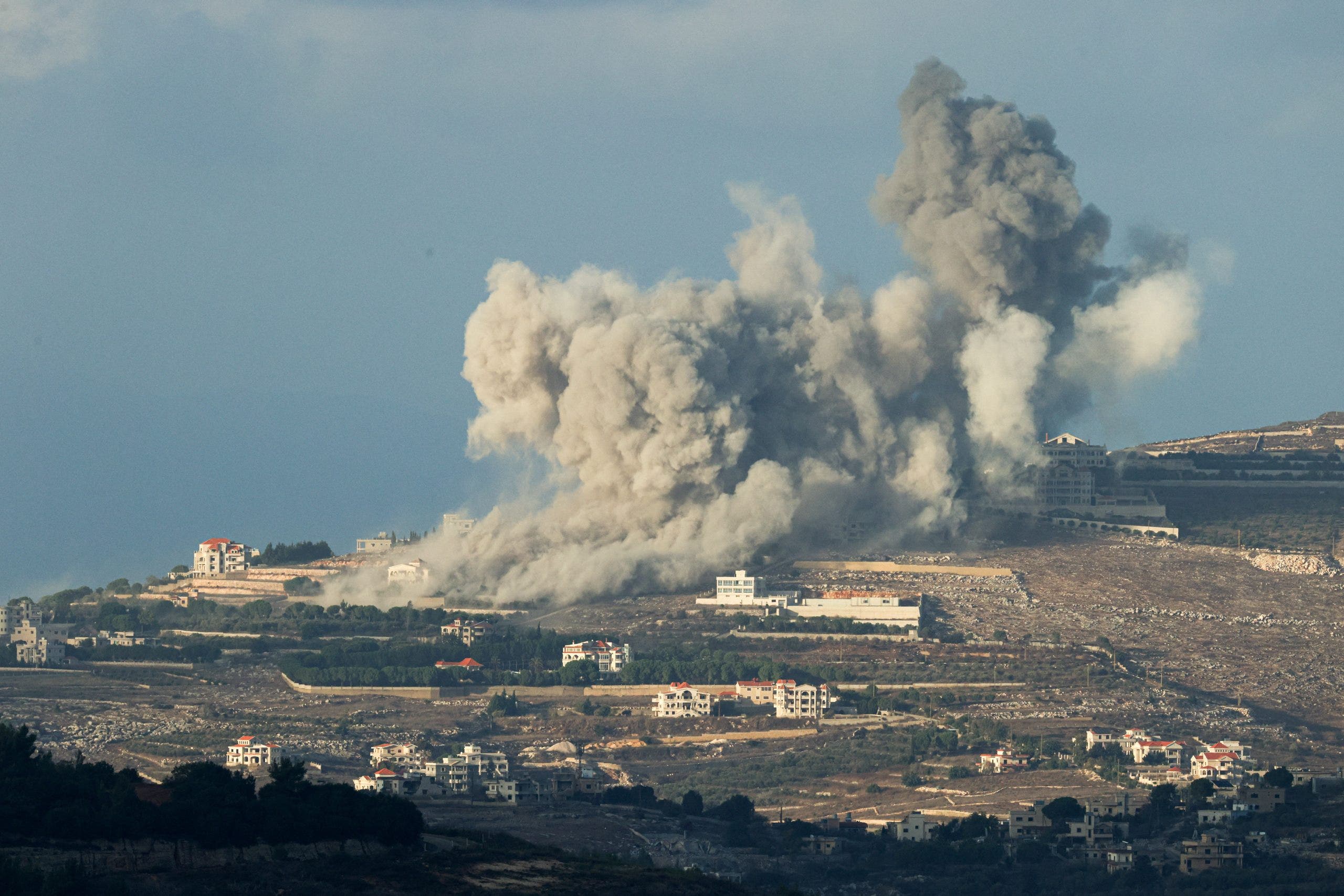Israel cease-fire deal has critics pointing fingers at Biden, Obama officials looking to trip up Trump admin

relentless missile attacks. The terms of the cease-fire are still unclear, and many fear that Hezbollah will not adhere to the agreement and will continue to pose a threat to Israeli civilians.
Despite the temporary halt in hostilities, tensions remain high in the region. Israel has made it clear that it will not hesitate to defend itself against any future attacks by Hezbollah or any other Iranian-backed terrorist groups. The Biden administration, on the other hand, has come under fire for its handling of the situation and its perceived pressure on Israel to agree to the cease-fire.
Critics of the administration argue that Biden’s approach to the conflict has been misguided and has undermined Israel’s ability to defend itself against its enemies. They point to the reported threats of a weapons embargo and a U.N. Security Council resolution as evidence of the administration’s lack of support for Israel.
On the other hand, supporters of the cease-fire argue that it was a necessary step to prevent further escalation and loss of life. They believe that diplomacy and negotiation are the best ways to resolve conflicts and prevent further bloodshed.
As the dust settles on the cease-fire agreement, the future of the region remains uncertain. The Israeli military has made significant gains against Hezbollah, but the threat of future attacks looms large. The Biden administration will need to carefully navigate the complex dynamics of the Middle East to ensure that peace and stability can be maintained in the region.
For now, the people of Israel can only hope that the cease-fire holds and that they can rebuild their lives without the constant threat of violence hanging over their heads. The road to lasting peace in the Middle East is long and difficult, but with continued dialogue and cooperation, there is hope that a brighter future can be achieved for all those living in the region.




